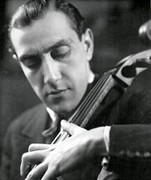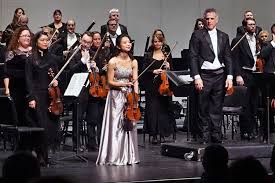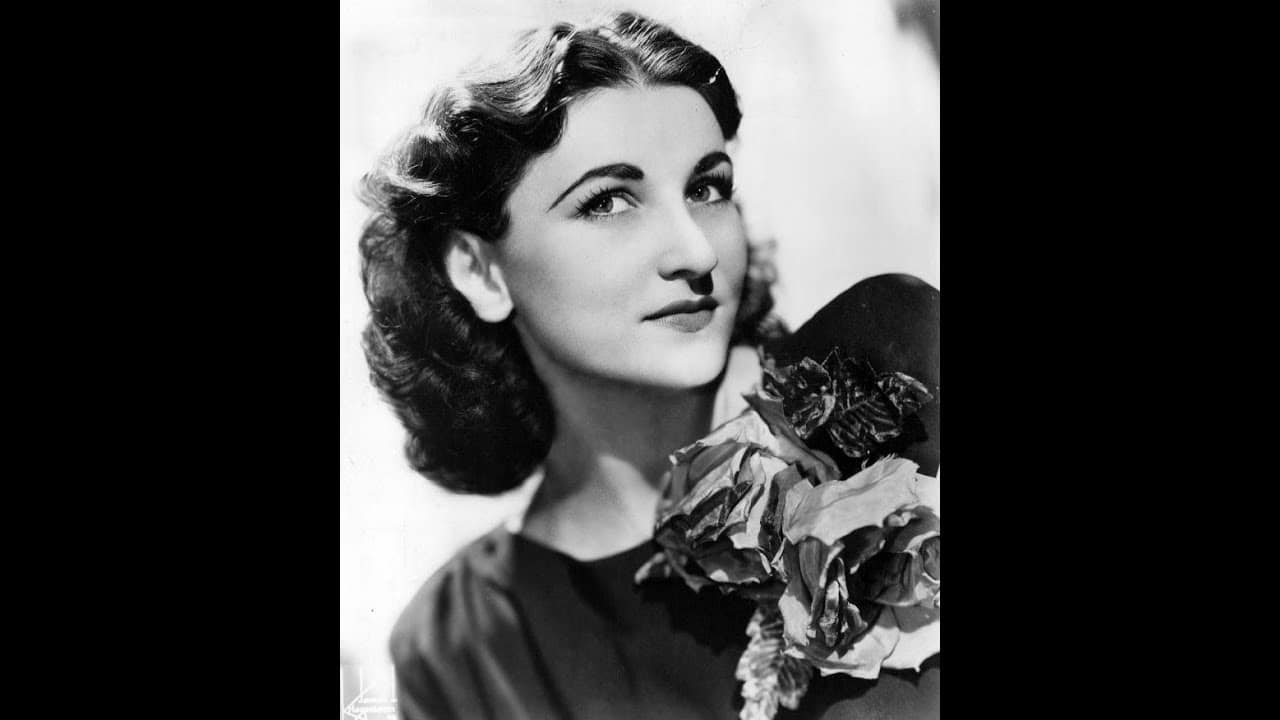Book Club: A last look at witty, articulate Piatigorsky
mainMessage from our book club convenor, Anthea Kreston:
Welcome to the final installment of Fortnightly Music Book Club’s exploration of Piatigorsky. With every instalment, more voices came to the fore – stories, photos, videos, former students and colleagues, glimpses into every phase of his life – and we have grown from one book to three (The Cellist, Grisha, and Gregor Piatigorsky: The Life and Career of the Virtuoso Cellist), and from books to interviews and a movie screening. Join us in our final look – from the movie premier in Montreal, to Terry King, and a final, touching word from Evan Drachman, whose personal journey as our guest host has brought an unexpected closeness to his grandfather.
On June 17, the Montreal Chamber Music Festival presented the Canadian premiere of The Cellist. Lawrence Vittes reported on the event for La Scenario Musicale. Here is an excerpt from that article.
‘The Cellist: The Legacy of Gregor Piatigorsky, a new documentary by Murray Grigor and Hamid Shams, tells the story of the Russian-Jewish-American virtuoso in a panorama of historical sounds, pictures, video, and interviews. One particularly moving, never-before-seen item shows Piatigorsky playing an excerpt from Schumann’s Cello Concerto during a concert in Puerto Rico conducted by his old friend Pablo Casals.
‘It was as a teacher and mentor that Piatigorsky found some of his greatest artistic and personal satisfactions. He made teaching a series of individual acts of humanity with his students the beneficiaries, what we today call life lessons.
‘Those students included Nathaniel Rosen, Steven Isserlis, Raphael Wallfisch, Jeffrey Solow, Mischa Maisky and Laurence Lesser. Piatigorsky students continue to occupy important teaching positions in leading conservatories and universities. Piatigorsky trained the principal cellists of orchestras in Boston, New York, Chicago, Dallas, Houston, San Francisco, Cleveland, Pittsburgh, Minneapolis, Philadelphia, Washington D.C., Berlin, London, Vancouver and Toronto.
‘Terry King describes the impact Piatigorsky had on his students as a combination of joy in making music and self-discovery. All who studied with Piatigorsky have fond personal memories for sure, but for me I found in him the courage to become myself, to believe in my instincts, and to work with love and imagination for life.”
I was able to catch up to the director of the film, Murray Grigor, and asked him a few follow-up questions.
Anthea Kreston:
What kinds of on-the-ground research was done in order to put this film together?
Murray Grigor:
Terry’s compendious biography, coupled with his extensive archive got us off to a flying start. We were able to add the missing information Ekatarinoslav in the Ukraine. Piatigorsky’s rapid rise through the Conservatory revealed that he was performing advanced repertoire by Tchaikovsky, Borodin, Rimsky Korsakov from the age of 8 onwards, until he left for the Moscow Imperial conservatory three years later.
Anthea Kreston:
Is there a big message that you wish to convey through this film?
Murray Grigor:
Our idea was to let the articulate, witty and great raconteur Piatigorsky speak for himself, as often as possible in his own voice which we culled from many different sources. We complemented this with readings from his early autobiography The Cellist and from his other writings and unpublished interviews. We were fortunate to have access to the BBC’s series of conversations with his long time accompanist and friend Ivor Newton. One of the film’s revelations comes from a long BBC interview on Wilhelm Furtwängler. In this Piatigorsky talks with some candour about his mentor/father and friend, on the dilemma the faced during the Nazi period. Furtwängler. Piatigotsky explains was caught between his love of German culture and the musicians of the Berlin Philharmonic who loved him and wanted him to stay in Berlin, and the offers from the USA to emigrate negotiated by Paitigorsky.
Anthea Kreston:
Have there been any surprising developments from this process?
Murray Grigor:
I am trying to promote the idea of a Colburn scholarship programme to attract talented students from the Glinka Ekatarinoslav Conservatory in memory of Gregor Piatigorsky.
Evan Drachman, our guest host, noted cellist and founder of the Piatigorsky Foundation which brings concerts to underserved audiences, has written a personal final message.
“It is difficult for me to have perspective when it comes to Gregor Piatigorsky. I can only imagine him through the lens of being his grandson. I knew him from the time I was born until I was twelve years old. I started the cello at age eleven and became more and more taken with music after his death. At that time I read his autobiography, Cellist and listened to his many recordings. I developed a second view of my grandfather as the dashing young man forging his way through the world carrying his cello aloft. Try as I might, I was never able to put that image together with the grandfather who would take me out for ice cream, slip me a ten dollar bill and tell me not to tell my parents.
“Having read M. Bartley’s book Grisha, I am confronted with yet another view of Piatigorsky. The profound hardships and struggles he endured brought to life in a new way the precarious nature of his first 20+ years. I have heard these tales all my life. They have been told to me from the safety of my grandfather’s successful career, comfortable life and happy marriage. I never before fully appreciated the events that molded his nature. I now have a better understanding of the complexity of his personality.
“Gregor Piatigorsky was a hugely compelling person. The sound he produced on the cello, the stories he told, his wit, charm, kindness and wisdom all contributed to his tremendously devoted following. Even today, many years after his death, people are entranced by Piatigorsky the artist and the human being.
“There is an archive located at The Colburn School of Music containing many documents, photos, manuscripts and artifacts related to Piatigorsky. When the donation of these things was made to the school, three people were set to the task of curating this collection. I believe that through this process all three of them fell in love with my grandfather. Murray Grigor and Hamid Shams took up the project of making a documentary film about Piatigorsky’s life, largely based on Terry King’s book. After years of passionate work the film is now ready for release.
“I think about my grandfather often. I imagine what it would be like to sit and have a conversation with him. I would like to discuss many things with him. He touched the lives of countless people enriching their minds, hearts and souls. I would encourage readers to seek out his recordings and visit the Piatigorsky Archive at:
Thank you, Evan, for your time and carefully considered answers of readers’ questions for the Fortnightly Music Book Club. Also, thank you to Terry King and Margaret Bartley for your wonderful books. For the many readers who wrote in with personal anecdotes, photos and videos, and to Norman Lebrecht, whose endless energy feeds all of our passions and creates a unique, international home for us to learn from each other.
Keep your eye out for our next club – hosted by CEO and President of The Curtis Institute of Music, Roberto Díaz. We will be looking at Powerhouse, as well as including video of the school and looking behind the curtain at the business of music education.
In addition – if you have personal anecdotes you would like to share, we will begin to collect memories from our “Slipped Disk Hive Mind”. Email us here at: musicstoryfilecabinet@gmail.com

And, ICYMI:





Comments